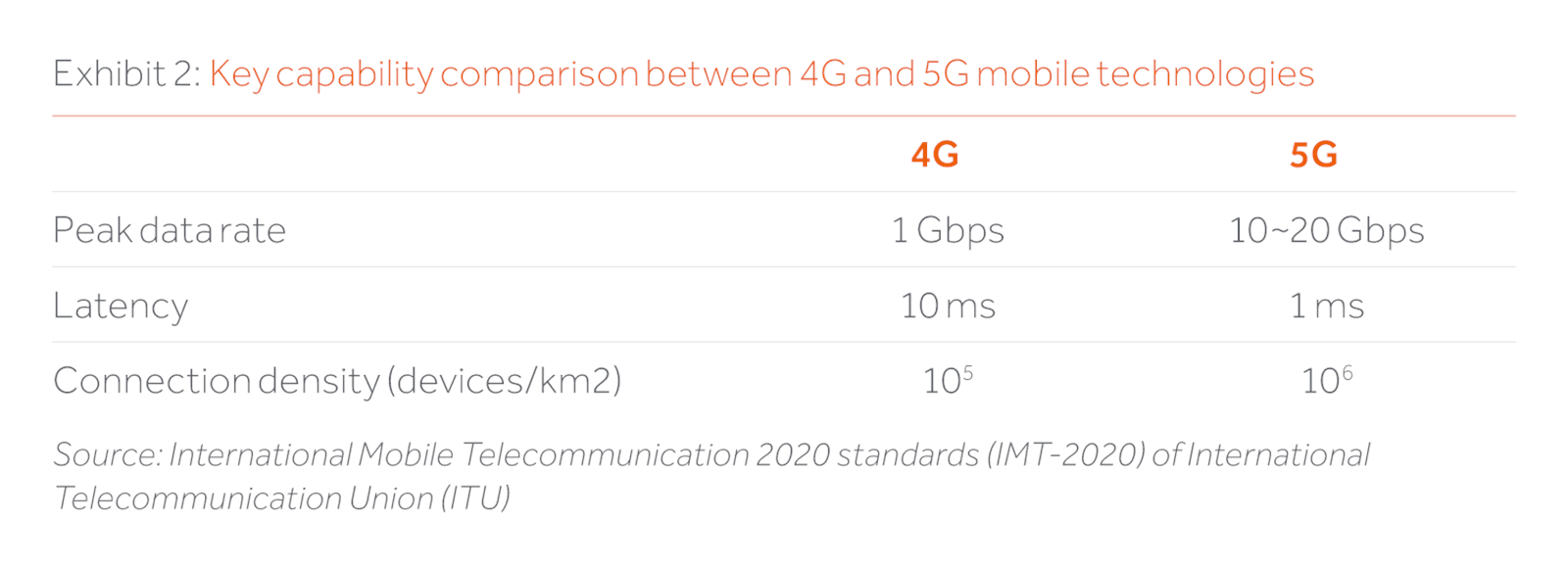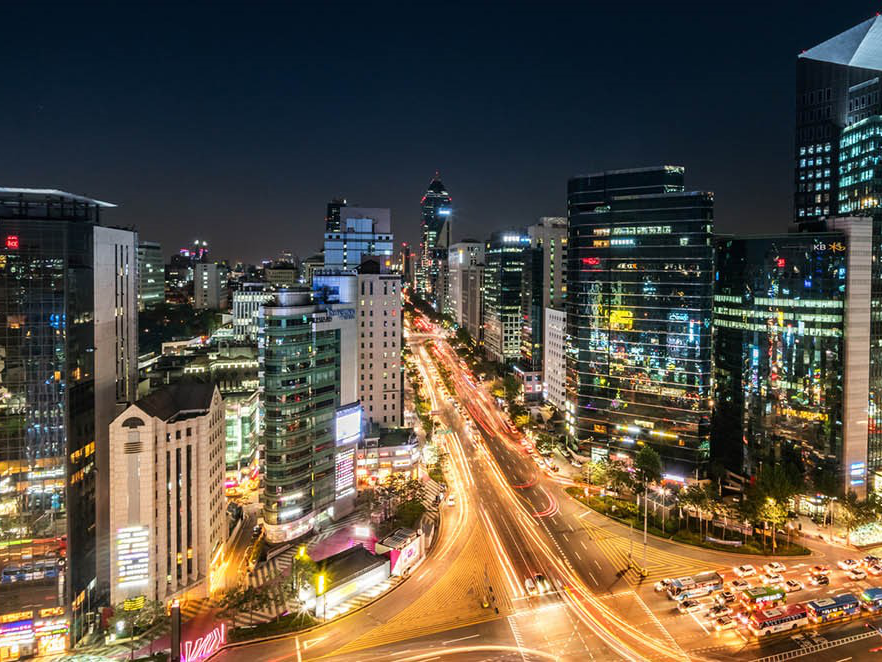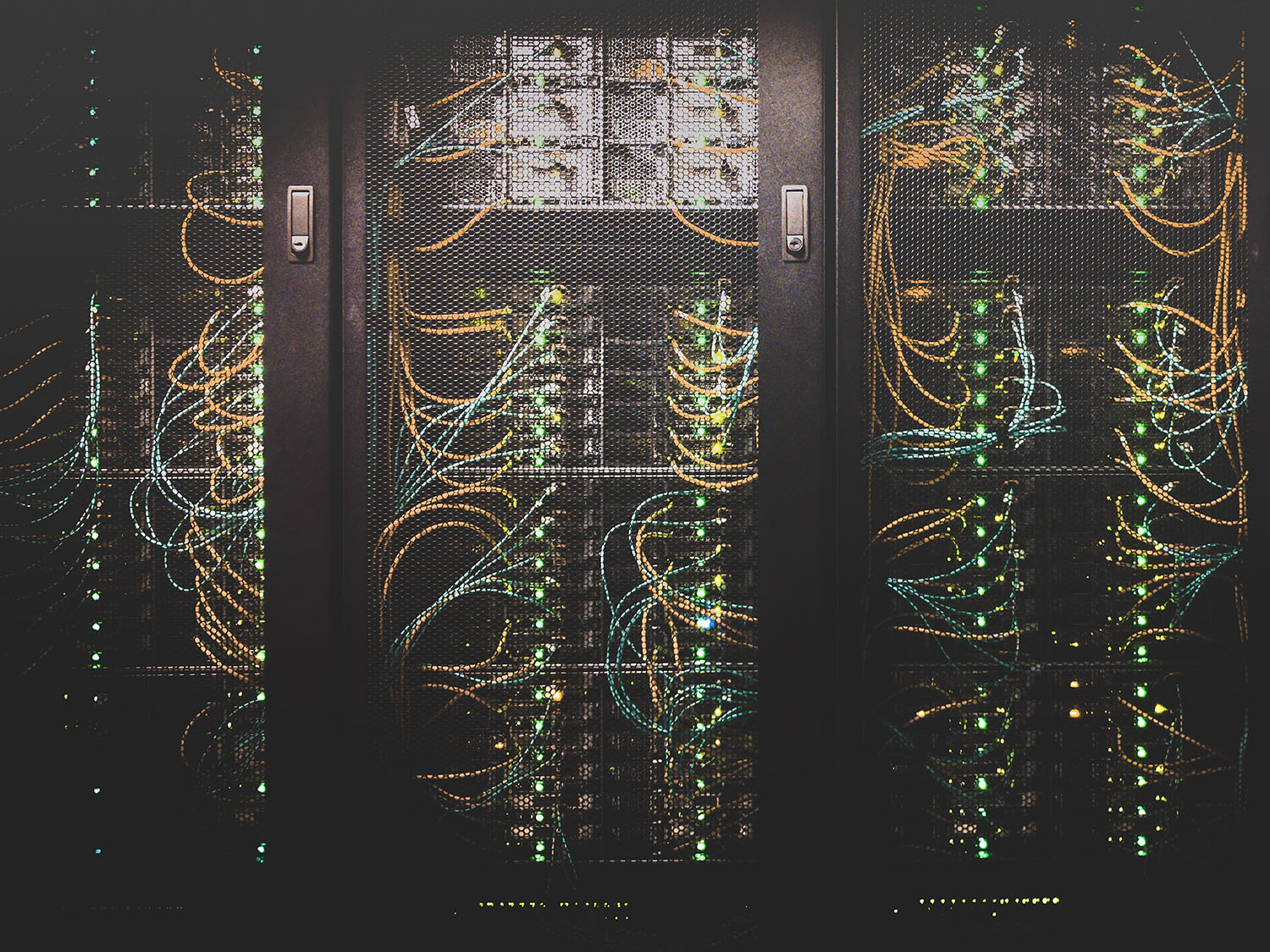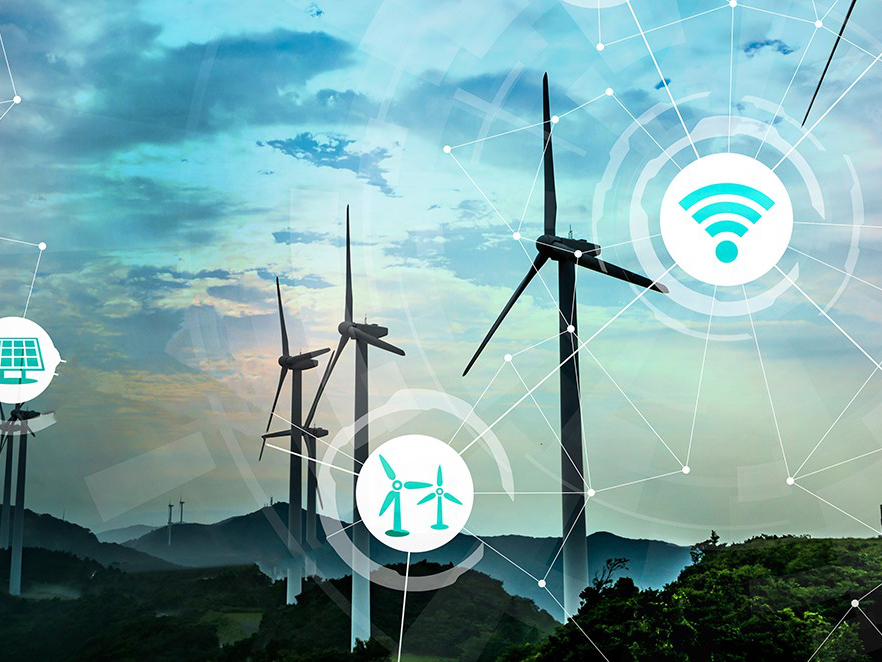Every time you use a smartphone you benefit from mobile telecommunication technology we now take for granted. Each generation of the mobile technology has certainly made our lives more mobile, and the market seems to be particularly excited with the next generation known as 5G. Basically, the faster one can transmit and receive data, the greater the functionality.5G mobile technology’s data transfer rate of up to 20 Gbps achieved by utilizing massive bandwidth and ultra-low latency as well as its dense coverage connecting up to a million IoT devices grouped at one square kilometer make it a game changer. At its full potential, 5G technology will interconnect a massive number of IoT devices seamlessly to transmit data and instructions instantaneously. Computers and robots will generate, exchange and process data among themselves with human insight but without human intervention. Affordability relative to today’s 4G technology is very competitive with a lower average price of delivery per gigabyte allowing faster growth of data consumption. This obviously leads to a parallel surge of demand for data centers.
That being said, the promising performance currently exists in theory only as evolution of the 5G technology is still in progress with challenges to be overcome. The latest available 5G modem chips of the top manufacturers are still way below effective performance levels. Densification of radio access networks including base stations, small cells, and repeaters has to be completed across Korea as high-frequency bands where its true performance lies cover much smaller areas compared to low-frequency bands we currently use. As of April 2018, there are roughly 85,000 5G enabled base stations across Korea representing approximately 10% of the 4G stations.Enterprises will need to team up with a competitive telecom service provider to set up necessary network architectures to fully utilize the next generation technology.
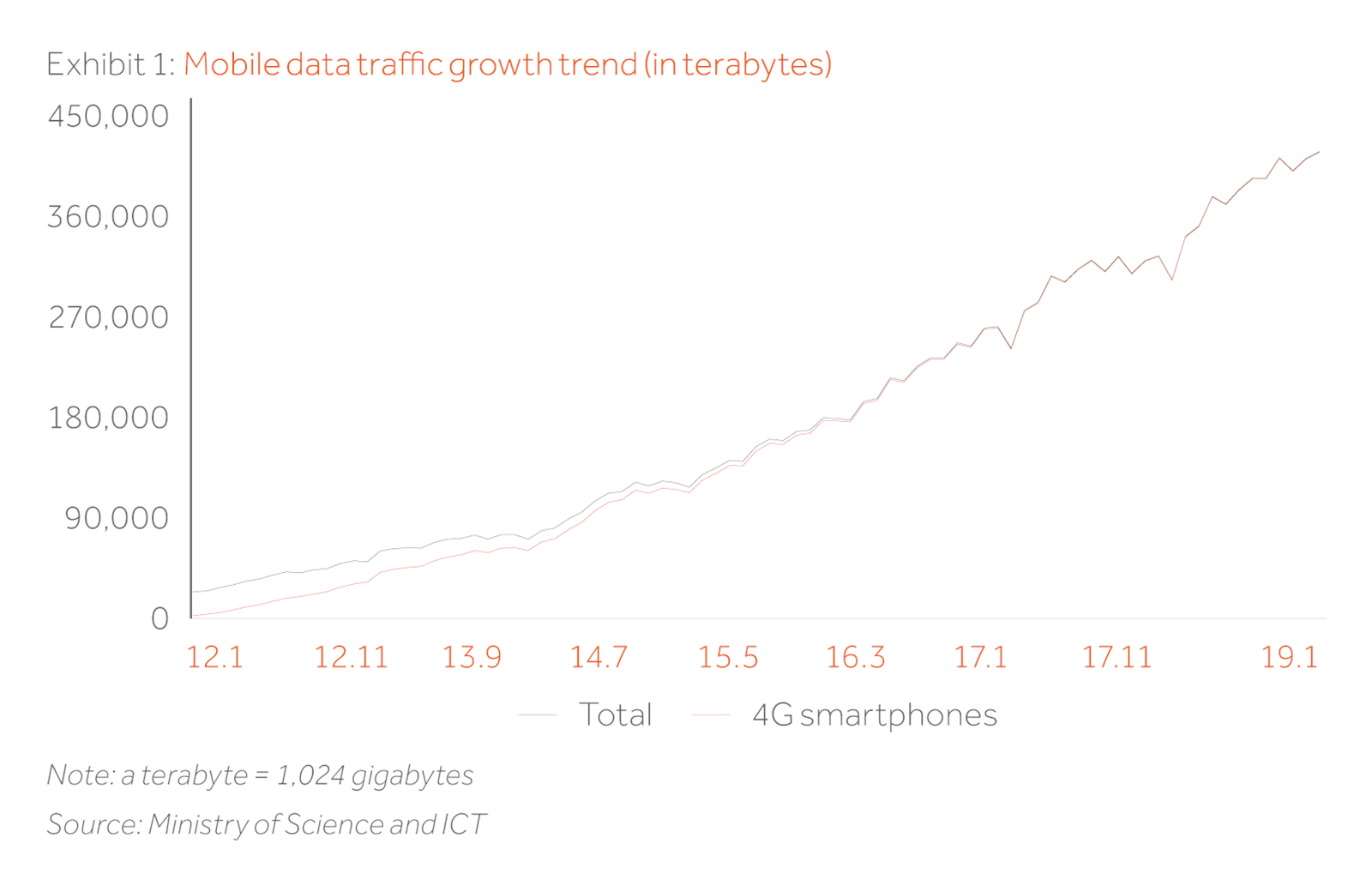
The future of Korea however is still positive.Korean carriers will continue to build 5G network infrastructures across the nation, which will make significant differences in all industries and potentially allow Korea to become the first nation to truly establish a comprehensive commercial 5G network.
